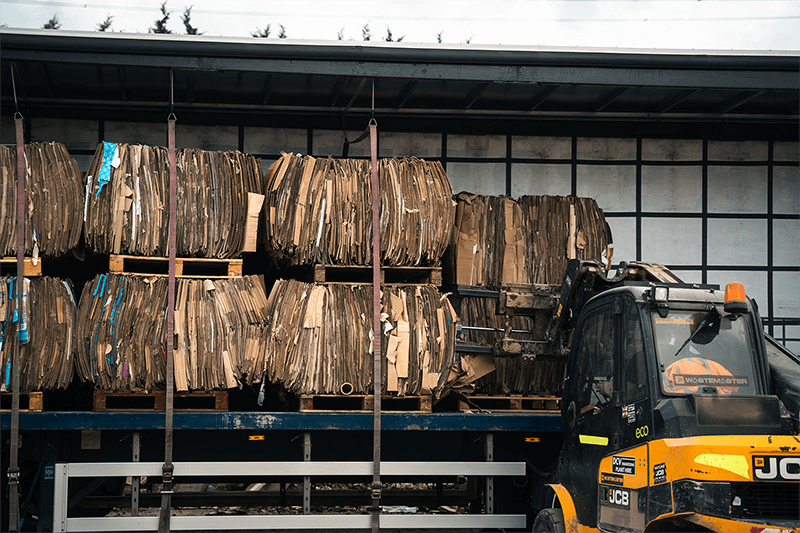Best Practices For Commercial Recycling In Small Businesses
Commercial recycling best practices for small businesses are essential for environmental stewardship. As a small business owner, you can play a major role in reducing the amount of waste that ends up in landfills or incinerators.
Implementing effective commercial recycling best practices can also help to reduce your carbon footprint, save money, and protect the planet.
To help your business reduce the amount of waste it produces, here are some effective commercial recycling best practices for small businesses.
7 Commercial Recycling Best Practices for Small Businesses
1. Identifying The Type of Waste
One of the first steps in implementing effective commercial recycling best practices for small businesses is to identify the type of waste that your business produces. This includes all recyclables such as paper and cardboard, as well as all non-recyclable items such as food waste, single-use plastics, and general waste.
2. Separating Waste Streams
Once you’ve identified the type of waste your business produces, you should separate the different waste streams. This means that all paper and cardboard should be placed in one bin, while all food waste, single-use plastics, and general waste should be placed in separate bins.
Separating the different waste streams will make it easier to recycle and dispose of the different materials in an efficient manner.
3. Setting Up Recycling Bins
Once you’ve identified the type of waste your business produces and separated the different waste streams, it’s time to set up recycling bins. Depending on the amount of waste your business produces, you may need to purchase multiple recycling bins.
Make sure that all recycling bins are clearly labelled and placed in convenient locations to make it easier for employees and customers to use them. This means the recyclable waste can be correctly disposed of and taken to recycling facilities for repurposing.

4. Working with Waste Management Companies
Working with a local waste management company can help your business to reduce the amount of waste it produces by providing recycling services. These companies can also help you to create a recycling scheme tailored to your business’s specific needs.
At Bailey’s Skip Hire, we provide commercial waste recycling services. Our collection services cover the waste collection & recycling of general trade waste, cardboard, wood, metal & even hazardous waste materials.
5. Establishing a Duty of Care
All businesses have a legal duty of care to ensure that waste is disposed of responsibly and in accordance with the law. To ensure that your business is compliant, you should establish a clear duty of care policy and make sure that all employees are aware of it.
6. Reducing the Amount of Waste Produced
The best way to reduce the amount of waste your business produces is to reduce the amount of material you buy and use. This can be done by using reusable items where possible, and only buying the amount of materials that you need.
7. Educating Employees and Customers
To ensure that your commercial recycling best practices are effective, it’s important to educate employees and customers about recycling. This can be done by providing information about recycling in the workplace, as well as by making sure that all recycling bins are clearly labelled.
The Importance Of Implementing Commercial Recycling Best Practices
By implementing these best practices for small businesses, you can make a major contribution to protecting the planet and reducing your carbon footprint.
Recycling is also a great way to save money. The process can help to reduce the amount of waste that your business produces, and the cost of waste disposal and landfill tax. Business recycling may also benefit from rebates for bulk loads of waste.
By taking the time to create a recycling strategy tailored to your business’s needs, you can make a major contribution to helping the environment and reducing your business’s waste. Get in touch with us today if you are looking for a team to collect the recyclable materials your business produces.




